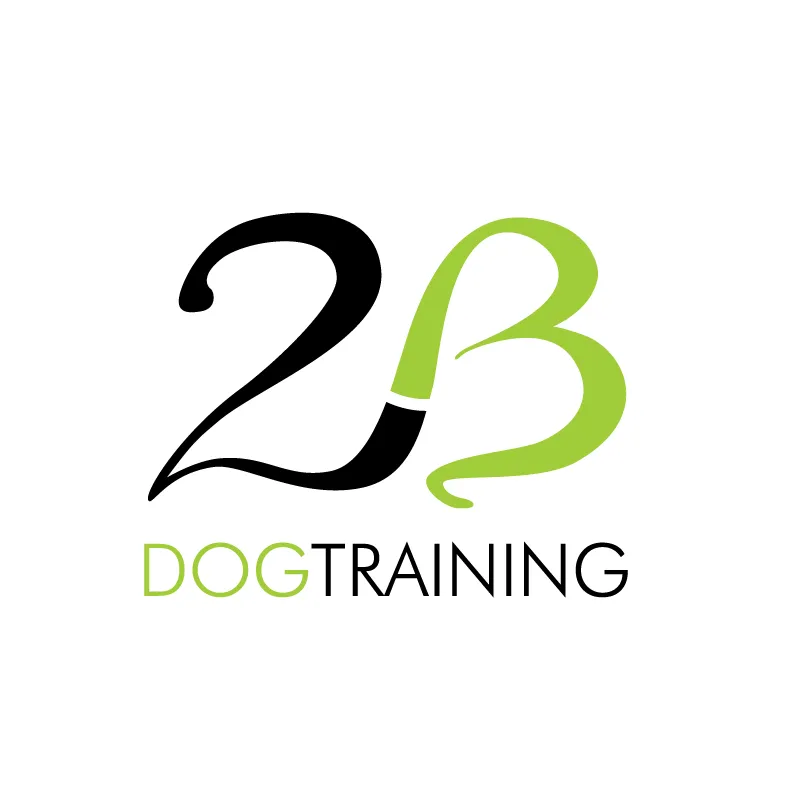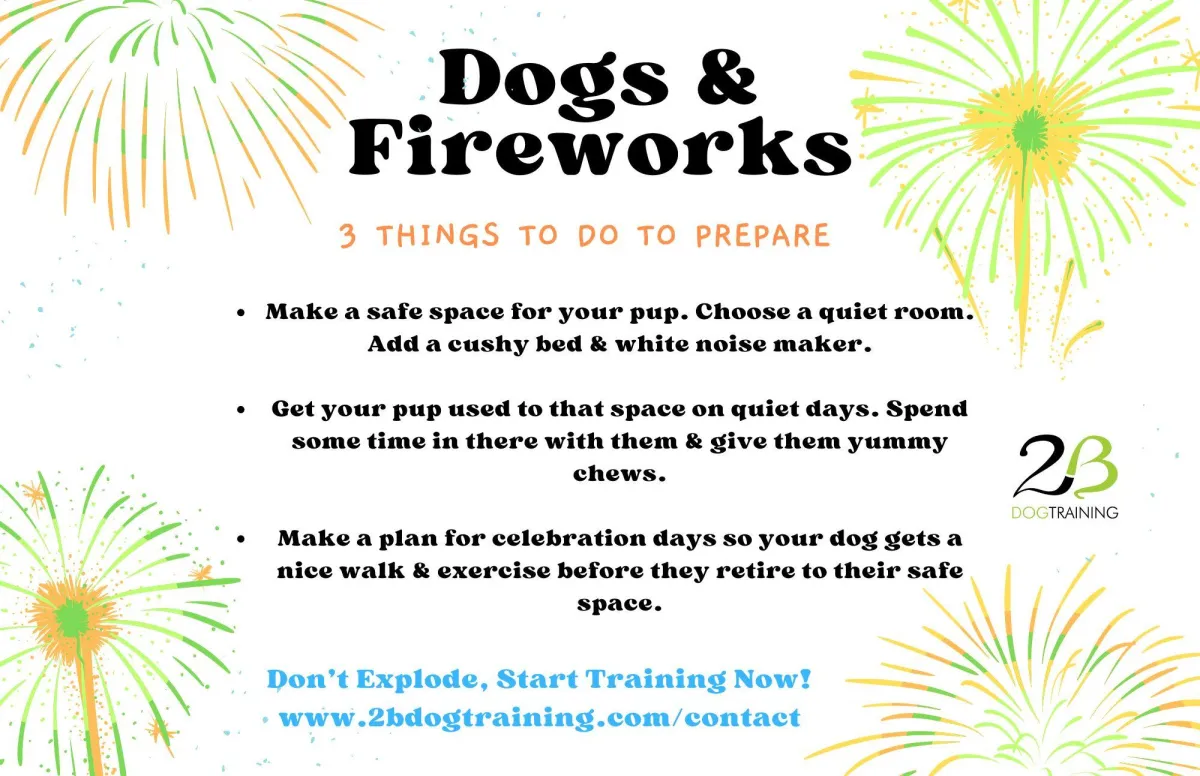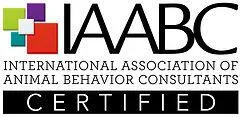

The Big Bangs: Fireworks and Dogs
“Proper Preparation Prevents Poor Performance.”
- My grandmother
Not the most wonderful time of the year:
Fireworks happen. Whether you live in an urban, suburban, or rural environment fireworks are often part of the summer landscape and show up occasionally year round. Here in Brooklyn we have amateur pyrotechnics for several days before and after the big professional July 4th display. There are fireworks at Coney Island every Friday night in the summer and throughout the year there are fireworks for special events of all kinds.
Some dogs learn to hear and dismiss the booms and bangs. A lot of dogs, though, get really freaked out by them. They might shake, drool, cry, hide, pace, or something else. It's hard for us, the humans, to watch and not be able to help. Here are some ways you can help your dog.
First, 3 things to do to prepare for Fireworks season!
1. Make a safe space for your pup.
Ideally this is a place with little exposure to the outside world. Maybe there's a large closet or small bathroom without a window that fits the bill. Find a cushy dog bed or make a pile of your pup's favorite blankets and pillows. Figure out where you can put a bowl of water. If the space is large enough, put a white noise machine or fan inside to muffle the sounds. If it's not large enough, make sure you can connect to power so you can place the noise maker just outside the safe room.
2. Get your pup used to the space.
Help your dog get used to the space before you need it. Show them how you've made it comfy. Give them a chew, food puzzle, or snuffle mat to eat in there. At first they might like it better if you stay in there with them or sit just outside the door and that's a great way to help them feel calm in there. Do this several times before you need your dog to hunker down in their fireworks bunker so they understand that it's a safe, quiet place in times of trouble.
3. Make a plan for celebration days.
Plan ahead for days when you know there will be fireworks. Make sure your pup gets all the exercise, enrichment, and pee breaks they need before the crashes, booms, and bangs pop off. You want your dog to be relaxed and happy before the festivities. For best results invite them into their safe room and give them chews and food puzzles to help them settle in and get the white noise running before they get triggered by the fireworks.
Now, 3 training steps for calm around noises!
In New York City we sometimes don't get warning that fireworks are happening. We're not always able to get our dogs into their safe spaces before they start reacting to the big noises. For situations like that it makes sense to do some training to help our dogs feel calmer around scary noises. (Pro tip: These also work for other noises like thunder or vacuums.)
1. Find recordings of the noises you want to work on.
The internet has almost any noise you could possibly need! We used to have to buy CDS (or cassette tapes!) of noises we wanted to work on. It's so much easier now. When your dog is not around, find some recordings of the noises your dog is worried about. If you can download them for better control (fewer ads, less page refreshing, etc.) do that. Test out the volume and how it sounds on whatever speakers you plan to use. You're looking for a very low volume and you'll need to know how much louder the noises get when you increase the volume.
2. Pair the recordings with something yummy and fun for your dog.
We want your dog to learn that noises = yummy and fun things. Remember to play the sounds at a very low volume. You want your dog to notice the sound but not be worried about it. You want to see them twitch an ear or orient to the noise. If they shy away or leave the room it's way too loud.
Press PLAY on the sounds then give your pup a chew, some treats, or play a game that they love. Turn the sounds off just before they finish their yummy, fun thing.
Do this in short sessions, 3-5 mins each, once or twice a day.
3. Increase the volume a tiny bit.
When your pup is very calm, not even noticing the noise at your current volume, increase the volume just a click (maybe 2 but only if you're certain it won't be too loud for your dog). Go back to step 2 until your dog is bored with the noise and then increase again.
This isn't training you can rush. You have to go at the speed of your dog's comfort. If you start with a very low volume and go up a tiny bit at a time so your dog always feels safe, you'll have better success.
Bonus Tip - Medication
Many dogs take calming medication for their worries about noise. I encourage you to speak to your vet now so you can get the right medication for your pet before you need it.
If your vet prescribes medication, test it out by giving it to your dog on a regular, boring old day when no scary things are happening. This way you'll know if the medication or dosage makes your pup calmer or more agitated. If they are more agitated or otherwise uncomfortable, you'll have time to speak to your vet again, adjust the medication or dosage, and test it again until you find the right thing for your pet.
This too shall pass:
When our dogs suffer, we suffer. It's scary and upsetting to watch our dogs in distress. With preparation and training both you and your dog can feel better.
If you're ready for help with your fireworks prep, please head over to the contact form on the website.
Wondering about classes? Check them out here.
FREE Ask the Trainer Zoom on Saturdays at 11a (some holidays excepted).




